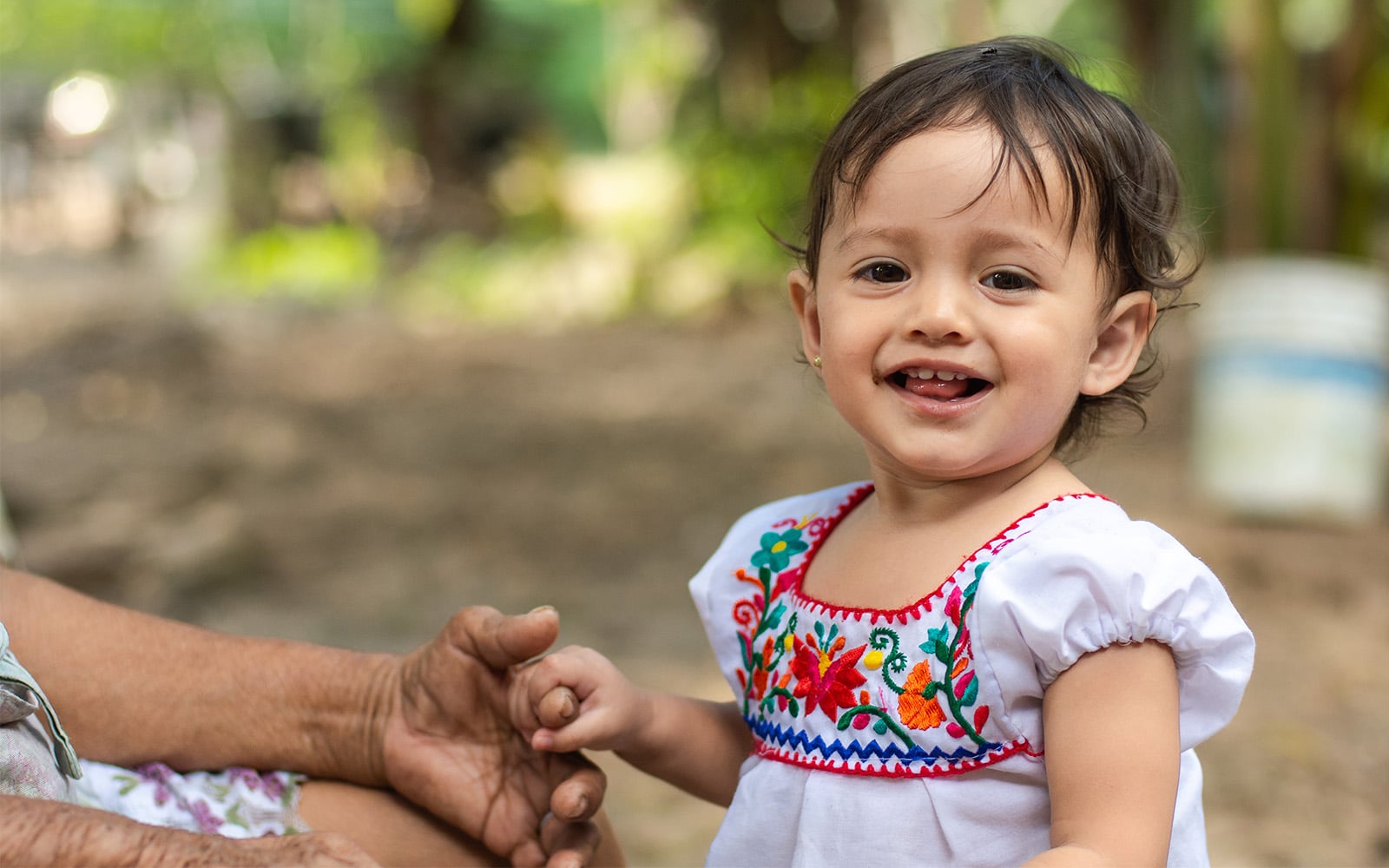Please join me in celebrating the release of Flourishing Children, Healthy Communities, and a Stronger Nation: The U.S. Early Years Climate Action Plan. Since its launch in June 2023, it has been my honor to serve as Co-Chair of the U.S. Early Years Climate Action Task Force, and I am grateful to my fellow Task Force members for their contributions and to Capita and the Aspen Institute for creating a forum for this important work. We owe the success of these recommendations not only to their hard work but also to the insights that were so generously shared with us by caregivers and other early childhood, health, climate and systems leaders through listening sessions.
Start Early believes that our early childhood system should be high-quality, equitable and responsive—and climate-resilient. Adapting and expanding our child- and family-facing services in the years ahead is especially critical to our ability to support those most impacted by climate disruption: pregnant people, infants, and young children, particularly those with disabilities and those impacted by environmental injustice and racism in America.
Together, the early childhood and climate change mitigation fields must look to the strengths and protective factors offered by our early childhood system to support these high-priority populations in the context of a changing climate. The challenge of climate change is daunting, but well-resourced, accessible early childhood systems are key in helping young children and their caregivers prepare and adapt. Child- and family-serving programs are key resources in both helping children and their families remain safe amid climate emergencies and helping them prepare for the future of our changed climate by building resilience, navigating information and resources and strengthening community networks.


